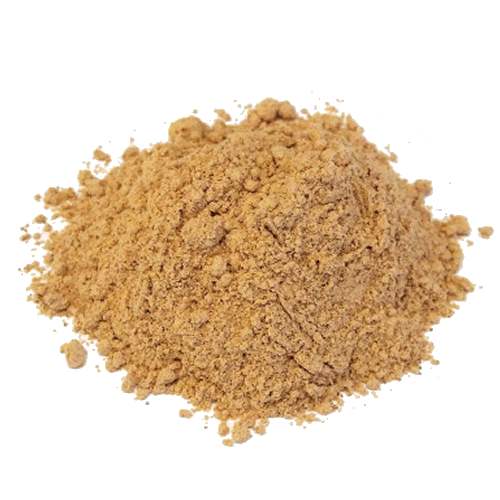
Healing Herbals
Akuamma Seed Extract Powder
Akuamma Seed Extract Powder
Couldn't load pickup availability
Akuamma Seed Extract:
From the seeds of “Picralima nitida”, and with long history of traditional use in West Africa. This plant contains a natural alkaloid Akuammine which works naturally on the dopamine receptors and can be a great substitute for kratom
This is suitable for research, study and use for herbal blends. Please check local guidelines before use.
Ingredients:
Pure Akuamma Seed Extract (Picralima nitida).
FDA Disclaimer:
This statement has not been evaluated by the Food and Drug Administration. This product is not intended to diagnose, treat, cure, or prevent any disease. For educational and research purposes only.
Share

The+Akuamma+WORKS%2C+nothing+was+able+to+help+the+pain+I+get+and+I+didn%27t+want+rx+pills%2C+just+like+the+kanna+is+as+good+advertised+the+Akuamma+is+better+than+and+H.H+went+out+of+their+way+to+get+it+to+me+asap+once+they+had+it+in.+
Akuamma Seed Extract

Here at Healing Herbals Store
We carefully select suppliers who share our commitment to environmental stewardship and minimize waste through eco-conscious or reused packaging whenever possible. We prioritize supporting fair labor practices and are currently investing in regenerative farming methods, so every product reflects our dedication to both quality and the health of our planet. Shop now!

